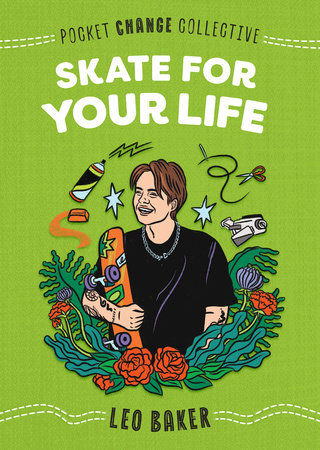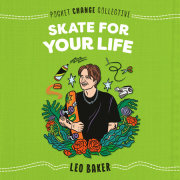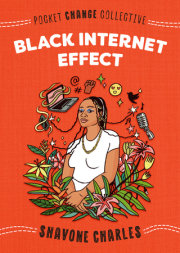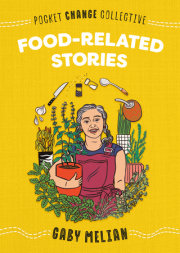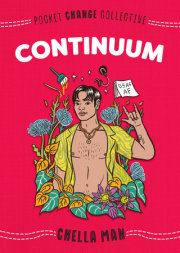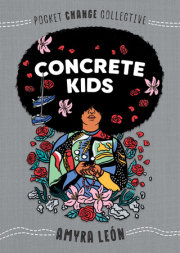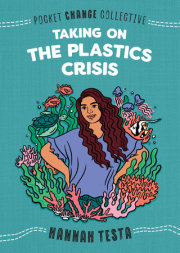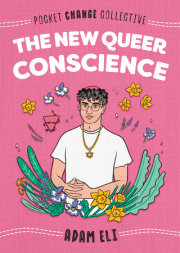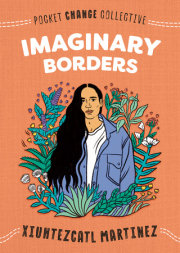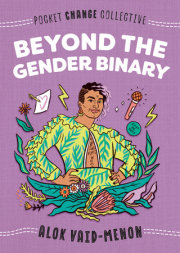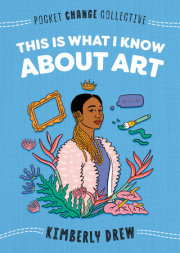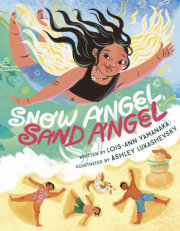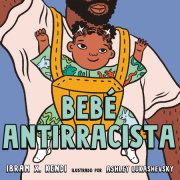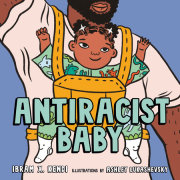Skate For Your Life
Prologue “Are you a boy or a girl?” Oh. That question. The eternal question of my life—the question that seems to follow me everywhere I go.
I can think back to a time when I was out skating with my childhood best friend, Evan, in Covina Park, California. He was two years older than me and had dirty-blond shaggy hair and blue eyes. People always thought we were siblings, and, in a way, it felt like we were. While we’d skate, there was always a group of boys skating in the park with us. One time they confronted me with that question. Evan stood up for me. He told them I was a girl. “So you’re a tomboy?” they asked, their faces scrunched up with uncertainty. I shrugged it off and nodded yes, feeling exposed. Those moments came often, and the truth was that I wanted to say I was a boy. If I had to opt for being either a girl or a boy, the answer was obvious. It was so simple.
I wish I could still say that now. I wish it was really that simple. As I’ve gotten older, the question carries more and more weight. Because to me, the question isn’t whether I am a boy or a girl, but rather: Why are there only two options to choose from to begin with?
As a transmasculine person, I notice the look of confusion on people’s faces when I speak. My voice sounds feminine to them, so when possible, I opt for not speaking at all. I wear hats and hoods to avoid eye contact with strangers, and I bind my chest to appear flat. Baggy sweatshirts are my best friends. I feel alien in most public spaces, unless of course, it’s a queer space. I am hypervigilant in every place I enter because I experience transphobic microaggressions on a daily basis. The blatant dirty looks. The doubt on people’s faces. And then, of course, come the questions and comments: “Are you in the correct bathroom?” “Why do you look like a boy?” “The men’s bathroom is over there.” “Your food is ready, sir. Oops, I mean ma’am!” It gets tiring after a while. Nobody should have to repeatedly explain their existence.
I’ve found myself explaining my existence my whole life—even as a professional skateboarder. “What do you do for work?” “I’m a . . . professional skater.” Their head tilts to the side. It’s the same look I get when people realize that I am not a cisgender guy. Skateboarding thrives on the perception of being progressive. One would think that an industry created by outcasts, creatives, and counterculture simply wouldn’t tolerate sexism, homophobia, transphobia, and misogyny. But the reality is far different. For years I was pushed aside because the industry didn’t know what to do with me. They didn’t know how to accept a tomboy skater. I once received an award titled Skates Like a Dude. I was judged by my looks first, my skill level second.
Skateboarding has a complicated past. On the one hand, you have heroes like Patti McGee, Elissa Steamer, and Cara-Beth Burnside who have carved a path for women in skateboarding. Elissa Steamer and Alexis Sablone are two of my all-time favorite heroes, and they were the first non-male skateboarders I had ever seen. They are pioneers. The future is slowly getting brighter, but it’s clear to me that the skate industry needs to take a look at itself with a critical eye. Cisgender white men run the show in the skateboard world. And as long as this is true, folks that don’t fall into that category are stuck waiting for a piece of the pie, while large brands take advantage of their stories and use their creativity for their own benefit. The saddest part of this arrangement is that most of the time, those companies don’t even realize they’re doing it. In a lot of cases, marginalized communities deal with tokenization and exploitation, and the skateboard industry is no exception.
I have been skateboarding since I was around two or three years old. The moment I started, I knew that I wanted to skate for the rest of my life. It was my favorite thing then and remains sacred to me to this day. I fell in love with it because of the simple fact that there are no rules. Skateboarding is steeped in creative expression. Skate how you want, dress how you want, do what you want. The whole world is your playground. Any average person might pull up to a red or yellow curb and think, “no parking” or “loading zone,” but when a skater sees a painted curb, they could spend all day skating it, trying trick after trick in order to conquer it. Every day is a new adventure when you are skating. Every day is an opportunity for progress, something new to learn.
My skate career started around age ten when I got my first sponsor, and I have been skateboarding professionally since 2014. I learned the hard way that skateboarding itself is very different from the industry that accompanies it, and moving through this world as a queer, gender nonconforming person has not been an easy feat by any means. But my one hope through it all is that there’s a way to create a space for many generations of skateboarding queers to come. That’s a mission I can really stand behind. I am extremely grateful for the platform I have and I want to use it to create some kind of change, even if it’s only a little bit. I am living a life that I love and opening people’s minds by being exactly who I am. And when I stand for myself, I stand for everyone out there who is as authentically unique as I am. Because my authenticity has never been a burden. It is my superpower.
Copyright © 2021 by Leo Baker; Illustrated by Ashley Lukashevsky. All rights reserved. No part of this excerpt may be reproduced or reprinted without permission in writing from the publisher.

